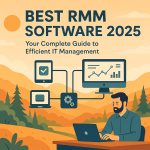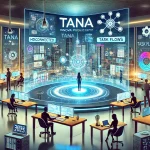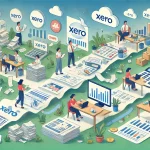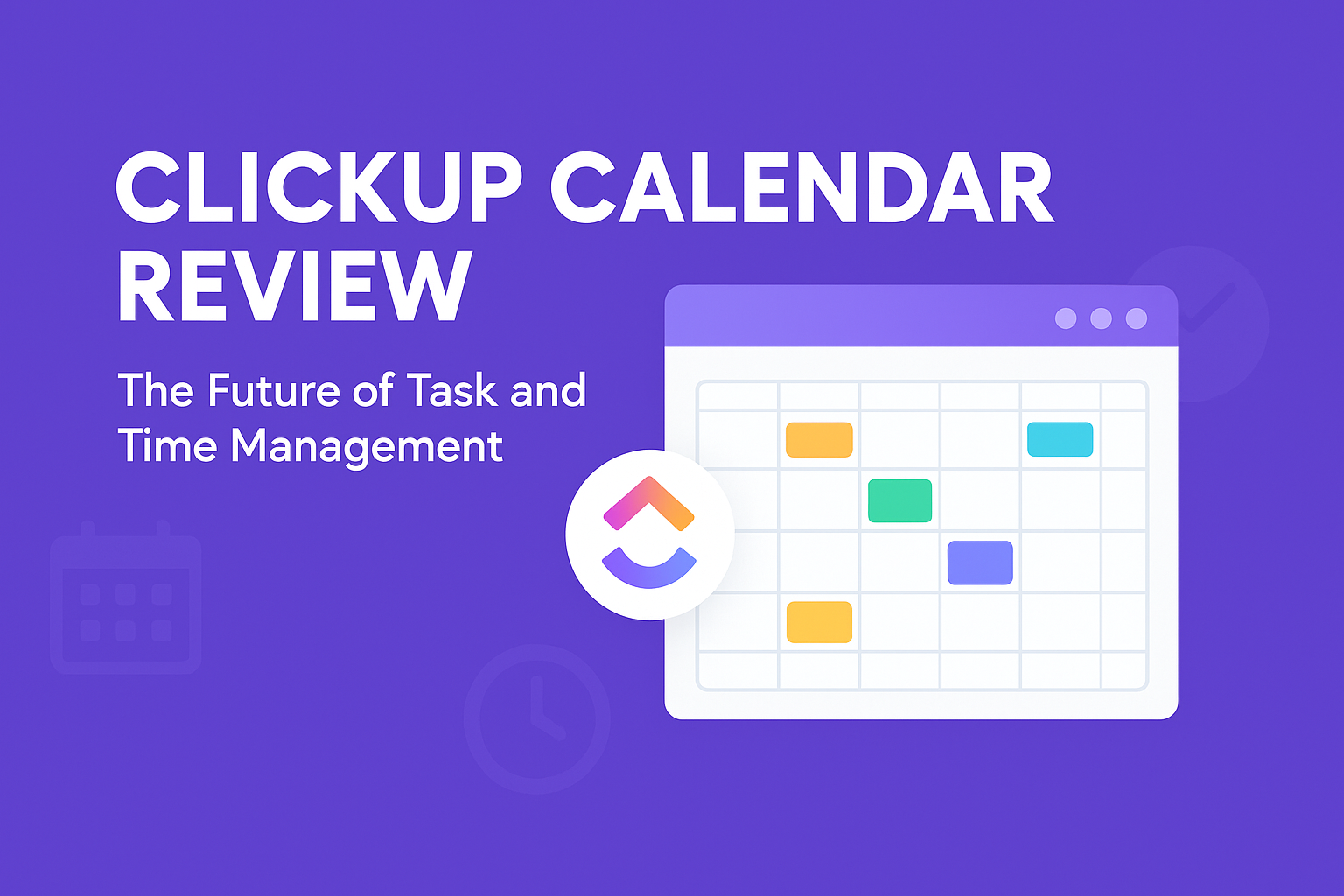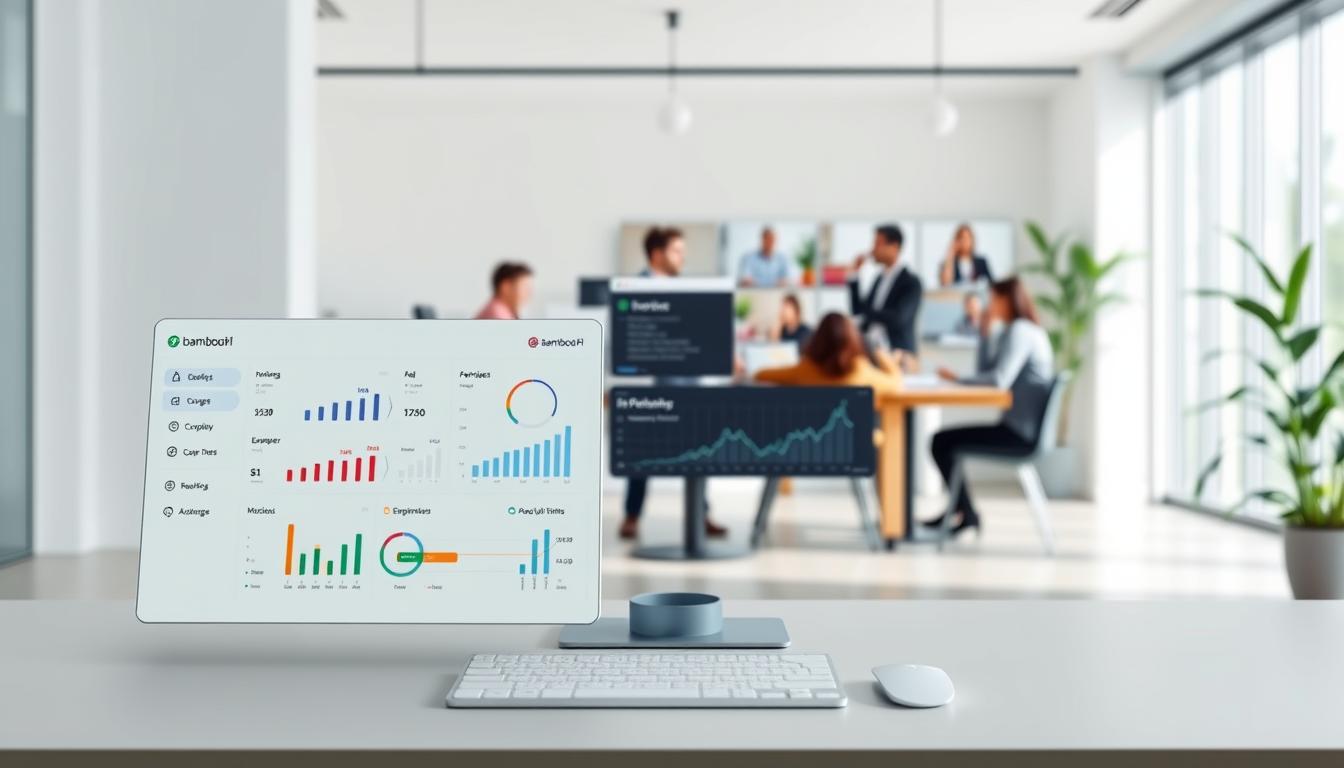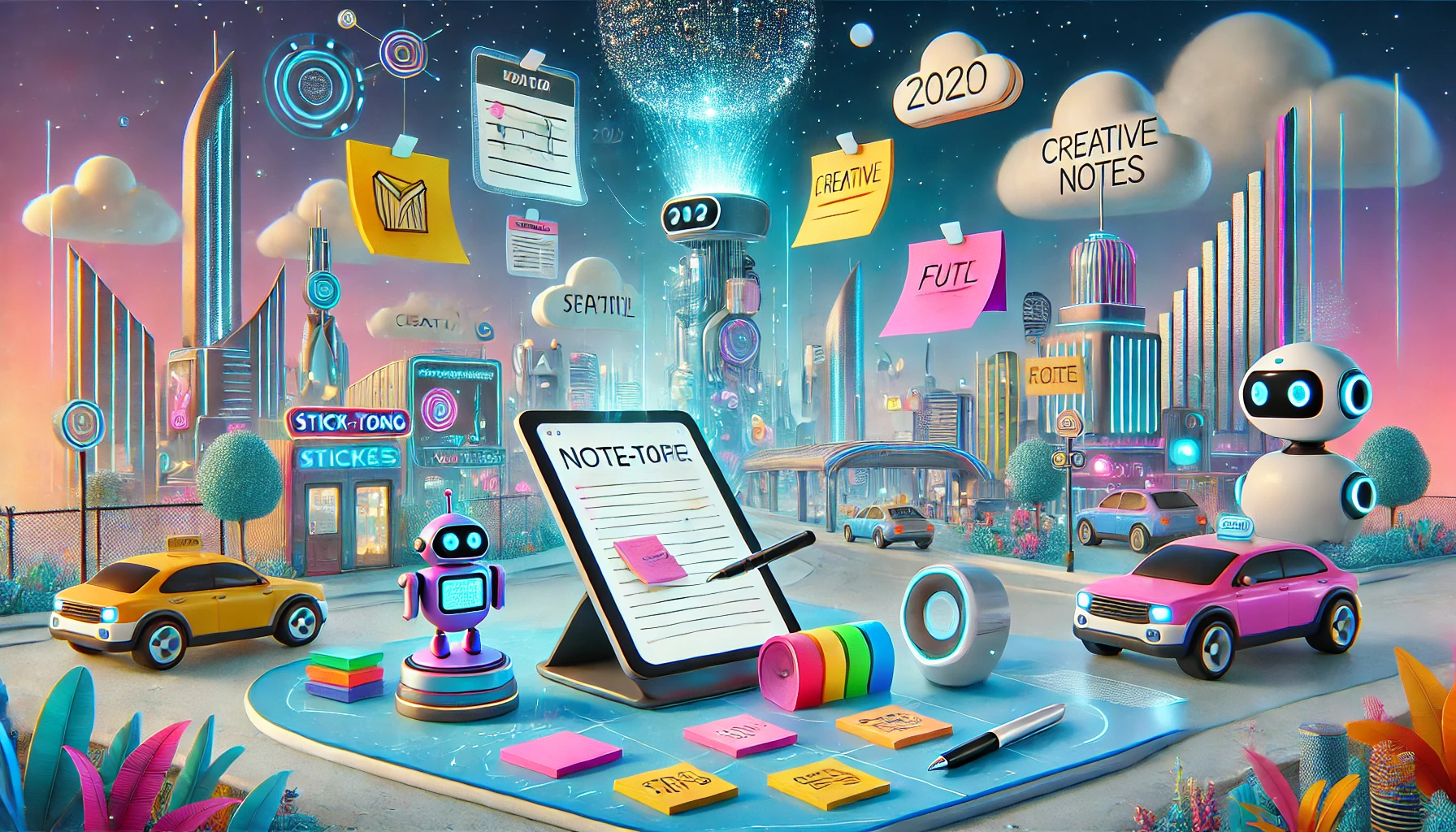What Does ERP Stand for in Business? Key Insights
In today’s fast-paced business world, companies are always looking for ways to work better and faster. They want to stay ahead of the competition. That’s where enterprise resource planning (ERP) comes in. It’s a software that helps manage a company’s main activities.
We’ll look into what ERP is and why it’s so important for businesses. It’s key to success in many industries.

ERP stands for enterprise resource planning. It’s a system that helps manage many important business tasks. This includes things like accounting, managing supplies, and handling people.
ERP brings together data and processes in one place. This helps companies make better choices and use their resources wisely. It makes operations more efficient.
As technology and market needs change, strong ERP systems are more important than ever. Small and big companies see ERP’s value. It helps them grow, please customers, and stay ahead in their fields.
Understanding Enterprise Resource Planning (ERP)
ERP stands for Enterprise Resource Planning. It’s a software system that changes how businesses manage their core activities. It combines different business areas like accounting, human resources, and supply chain into one platform. This makes it easier for companies to work together, see their data clearly, and make smart choices with real-time info.
What is an ERP System?
An ERP system is a complete software solution. It has a unified database and an easy-to-use interface. This lets businesses manage everything from one place. ERP systems make different business processes better by automating them. They help companies make better choices with the help of all their data.
The Evolution of ERP Software
ERP has changed a lot over time. At first, it mainly helped with making and managing inventory. But now, it does so much more. It handles financials, human resources, and customer relationships too. Today’s ERP software is cloud-based, flexible, and full of data, making it better than ever.
| ERP Evolution | Key Advancements |
|---|---|
| Early ERP Systems | Focused on manufacturing and inventory management Mainframe-based systems Limited integration and data visibility |
| Modern ERP Solutions | Comprehensive business management capabilities Cloud-based deployment options Advanced analytics and business intelligence Industry-specific functionalities Seamless integration with other business systems |
“ERP systems have become the backbone of modern business operations, enabling organizations to streamline their processes, enhance visibility, and make more informed decisions.”
What Does ERP Stand for in Business?
In the business world, ERP stands for “Enterprise Resource Planning.” It’s a software that helps manage a company’s main functions. This makes it easier to handle resources and improve operations. It also helps in making better decisions.
The ERP definition covers its purpose, functions, and benefits. An ERP system aims to boost efficiency and profit by combining data and automating tasks. This ERP acronym is key for modern business operations.
The ERP meaning goes beyond software. It’s about managing all parts of a business. By using an ERP in business, companies can work better and make smarter choices. This gives them an edge in their field.
| ERP System Purpose | ERP System Function | ERP System Benefits | ERP System Impact |
|---|---|---|---|
| Integrated business management | Automation of core processes | Improved efficiency and productivity | Increased profitability and competitiveness |
| Centralized data management | Real-time data access and reporting | Enhanced decision-making capabilities | Streamlined operations and workflows |
| Optimization of resource utilization | Comprehensive financial management | Reduced operational costs and waste | Improved customer satisfaction and loyalty |
The ERP software purpose is to offer a complete solution for businesses. It helps them see and control everything better. This leads to success and growth in the long run.

Core Business Functions Supported by ERP Systems
ERP systems are powerful tools that help streamline many business functions. They offer a single platform for managing key areas like accounting, financial management, supply chain, and inventory. This makes it easier for organizations to manage their operations.
Accounting and Financial Management
ERP systems have strong accounting and financial management tools. They automate and improve financial processes. Features include managing the general ledger, accounts payable and receivable, and fixed assets.
They also offer financial reporting. This integration gives real-time financial insights. It helps in making accurate financial statements and informed decisions.
Supply Chain and Inventory Management
ERP systems are key in managing supply chains and inventory. They handle procurement, materials management, production planning, and logistics. This integration offers a clear view of inventory, demand, and supplier relationships.
ERP systems help streamline supply chain operations. They reduce costs and improve customer satisfaction. This makes businesses more efficient and customer-focused.
| ERP System Functions | ERP System Modules | ERP System Capabilities |
|---|---|---|
| Accounting and Finance | General Ledger, Accounts Payable, Accounts Receivable | Financial Reporting, Budgeting, Cash Management |
| Supply Chain Management | Procurement, Inventory Management, Production Planning | Demand Forecasting, Supplier Relationship Management, Logistics Optimization |
| Human Resources | Payroll, Time and Attendance, Employee Records | Talent Management, Performance Tracking, Compliance Reporting |
| Customer Relationship Management | Sales, Marketing, Customer Service | Lead Management, Customer Segmentation, Service Tracking |
ERP systems integrate core business functions into one platform. This centralizes data management and streamlines workflows. It enhances decision-making and boosts operational efficiency.
This holistic approach to management improves productivity and drives growth. It helps organizations achieve better results and sustainable success.
Benefits of Implementing an ERP Solution
Getting an enterprise resource planning (ERP) system can change a business for the better. It makes operations smoother and helps companies grow over time. Here are some main perks of using an ERP solution:
- Improved Operational Efficiency: ERP systems make many business tasks easier and faster. This includes things like accounting, managing finances, and handling inventory. It all leads to more work done, fewer mistakes, and better use of resources.
- Enhanced Data Visibility and Reporting: ERP systems have a big database that pulls together data from all parts of the company. This gives a clear view of things in real time and helps make reports that are detailed and useful. It makes it easier to make smart choices and plan ahead.
- Streamlined Decision-Making: With the help of ERP systems, businesses can make choices based on solid data. This makes the decision-making process quicker and more accurate. It helps improve the quality of the decisions made.
- Optimized Supply Chain and Inventory Management: ERP systems have tools for tracking inventory, predicting needs, and buying supplies. This helps companies manage their supply chains better. It can save money, cut down on waste, and make customers happier.
- Enhanced Customer Service: ERP systems can connect customer information with important tasks like handling orders and sending invoices. This makes it easier to give customers a better experience. It can make customers happier and more loyal to the company.
In the end, using an ERP solution can make a business more profitable and competitive. It can help companies grow and stay strong for a long time.
| Key Benefits of ERP | Description |
|---|---|
| Improved Operational Efficiency | Streamline and automate business processes, increase productivity, and optimize resource allocation. |
| Enhanced Data Visibility and Reporting | Provide a centralized data platform for real-time visibility and comprehensive reporting to support better decision-making. |
| Streamlined Decision-Making | Leverage data and analytics to make more informed, data-driven decisions and accelerate the decision-making process. |
| Optimized Supply Chain and Inventory Management | Improve inventory tracking, forecasting, and procurement to optimize supply chain operations and reduce costs. |
| Enhanced Customer Service | Integrate customer data and support functions to deliver a more seamless and personalized customer experience. |

“Implementing an ERP system is not just about technology; it’s about transforming the way your business operates and achieving long-term competitive advantages.”
Types of ERP Systems
Today, businesses have many ERP systems to choose from. Each offers different models and features to meet specific needs. Knowing the types of ERP systems helps organizations pick the best one for their operations.
On-Premises ERP
On-premises ERP systems are installed on a company’s servers. This gives businesses control over their system, including customization and security. But, it requires a big investment in hardware and IT resources.
Cloud-Based ERP
Cloud-based ERP systems are managed by the vendor. They don’t need on-site infrastructure or IT support. This model is cost-effective and scalable, making it great for small and medium-sized businesses.
Hybrid ERP models combine on-premises and cloud-based systems. This offers flexibility, allowing businesses to choose the best fit for their needs.
| ERP System Deployment Model | Key Characteristics | Advantages | Disadvantages |
|---|---|---|---|
| On-Premises ERP | – Installed and maintained on the company’s own servers – Full control over customization, security, and data management | – Customization flexibility – Increased control over data and security | – Higher upfront costs – Requires in-house IT resources to manage |
| Cloud-Based ERP | – Hosted and managed by the software vendor – Accessible via the internet | – Lower upfront costs – Scalability and flexibility – Reduced IT management burden | – Potential data security and privacy concerns – Limited customization options |
| Hybrid ERP | – Combination of on-premises and cloud-based components – Tailored to specific business needs | – Flexibility to choose the best-fit deployment model – Leverage the strengths of both on-premises and cloud-based ERP | – Complexity in managing multiple deployment models |
The right ERP system depends on a company’s needs and goals. Evaluating on-premises, cloud-based, and hybrid options helps businesses make the best choice.
ERP Implementation: Challenges and Best Practices
Implementing an ERP (Enterprise Resource Planning) system is complex and daunting. But, understanding common challenges and following best practices can help. This way, businesses can successfully implement an ERP system and enjoy its benefits.
Planning and Change Management
Planning is key for a successful ERP implementation. It involves aligning the ERP system with current business processes. It also means managing employee resistance to change and integrating with legacy systems. Good change management is essential, as a new ERP system changes how employees work.
- Set up a dedicated ERP implementation project team with clear roles.
- Provide thorough training and change management to help employees adjust.
- Explain the benefits of the ERP system to stakeholders and get their support.
Data Migration and Integration
Effective ERP implementation also needs careful data migration and integration. It’s important to ensure data accuracy and completeness. The ERP system needs high-quality data to work well.
| ERP Implementation Challenges | ERP Implementation Best Practices |
|---|---|
| Resistance to change among employees | Comprehensive training and change management programs |
| Data migration and integration issues | Thorough data cleansing and validation processes |
| Aligning the ERP system with business processes | Careful process mapping and system customization |
By tackling these challenges and following best practices, businesses can boost their chances of a successful ERP implementation. This leads to more efficient, integrated, and data-driven business operations.

Choosing the Right ERP System for Your Business
Choosing the right ERP system is a big decision. You need to think about your business needs, budget, and IT setup. Look at industry-specific functionality, scalability, and integration capabilities. This ensures the ERP system meets your goals and supports growth.
When evaluating ERP systems, talk to ERP vendors and watch demos. Also, consider the total cost of ownership (TCO). This helps you pick the ERP system that’s right for your business.
To pick a good ERP system, think about these important factors:
- ERP system features and functionality: Check if the ERP system supports your main business activities, like accounting and supply chain management.
- Scalability and flexibility: See if the ERP system can grow with your business and change as needed.
- Integration capabilities: Find out how well the ERP system works with your current systems and technologies.
- ERP system cost and ROI: Look at the total cost of ownership and make sure it fits your budget and offers a good return on investment.
- Vendor reputation and support: Check the ERP vendor’s reputation, expertise, and customer service to ensure a good partnership.
By carefully evaluating ERP systems and considering these factors, you can select the right ERP system. It will help your business run better, make smart decisions, and grow sustainably.
| ERP System Feature | Importance | Vendor A | Vendor B | Vendor C |
|---|---|---|---|---|
| Industry-specific functionality | High | 4 | 3 | 5 |
| Scalability | High | 4 | 4 | 3 |
| Integration capabilities | Medium | 4 | 5 | 4 |
| Total cost of ownership | High | 3 | 4 | 4 |
| Vendor reputation and support | High | 5 | 4 | 4 |
Industry-Specific ERP Solutions
Businesses in different sectors are looking to improve their operations. They are turning to enterprise resource planning (ERP) solutions made for their industry. These ERPs are tailored to meet the unique needs of sectors like manufacturing and retail.
Manufacturing ERP
Manufacturing ERP systems have features that meet the needs of manufacturers. They offer tools for advanced production planning, managing inventory, and optimizing the supply chain. These tools help manufacturers work more efficiently, make better decisions, and stay competitive.
Retail ERP
Retail ERP solutions are made for the retail industry. They include powerful point-of-sale (POS) tools, easy e-commerce integration, and customer relationship management (CRM) features. This helps retailers improve customer service, manage inventory better, and understand their business better.
Industry-specific ERP systems offer big benefits to businesses in these sectors. They are built to tackle the unique challenges these industries face. By using these ERP solutions, companies can boost productivity, make better decisions, and run more efficiently.
| Feature | Manufacturing ERP | Retail ERP |
|---|---|---|
| Production Planning | ✓ | – |
| Inventory Management | ✓ | ✓ |
| Supply Chain Optimization | ✓ | – |
| Point-of-Sale (POS) | – | ✓ |
| E-commerce Integration | – | ✓ |
| Customer Relationship Management (CRM) | – | ✓ |
“The right ERP system can be a game-changer for businesses in specific industries, helping them streamline operations, improve decision-making, and gain a competitive edge.”
The Future of ERP: Emerging Trends and Technologies
As businesses grow and change, the future of ERP is shaped by new technologies and ERP trends. These changes make ERP systems more flexible, smart, and ready for today’s businesses.
Cloud-based ERP is becoming more popular. It offers flexibility, scalability, and cost savings. Also, ERP AI and ERP machine learning help make better decisions and improve operations.
Using ERP big data and ERP analytics is key. They help businesses understand their operations better, improve forecasts, and make smart choices. Plus, ERP is getting better with ERP Internet of Things and mobile tech, making data access easier.
As businesses change, ERP cyber security becomes more important. ERP systems need strong security to protect against threats and keep data safe.
The future of ERP will be shaped by ERP innovation and new technologies. This will help businesses automate, work more efficiently, and stay ahead of the competition.

| ERP Trend | Description |
|---|---|
| Cloud-based ERP | Increased adoption of cloud-based ERP solutions for greater flexibility, scalability, and cost-effectiveness. |
| ERP AI and Machine Learning | Integration of AI and machine learning to enhance decision-making, streamline operations, and provide valuable business insights. |
| ERP Big Data and Analytics | Leveraging advanced analytics to gain deeper insights, improve forecasting, and make more informed strategic decisions. |
| ERP Internet of Things and Mobility | Integration of ERP with IoT and mobile devices to enable greater mobility and real-time data access. |
| ERP Cyber Security | Increased focus on robust security measures to protect ERP systems and sensitive business data from cyber threats. |
Integrating ERP with Other Business Systems
In today’s digital world, businesses aim for smooth integration across their systems. Enterprise Resource Planning (ERP) systems are key in this effort. They work well with other important business systems. By linking ERP with Customer Relationship Management (CRM) and Business Intelligence (BI), companies gain big strategic benefits.
ERP and Customer Relationship Management (CRM)
When ERP and CRM systems are connected, they offer a full view of customers. This helps sales, marketing, and customer service teams. It makes lead management better, customer profiles more detailed, and customer experience improved.
This teamwork helps businesses make better choices, build stronger customer ties, and grow.
ERP and Business Intelligence (BI)
The mix of ERP and BI brings out deep insights, aiding in strategic planning and boosting business performance. It lets companies use ERP data for detailed reports, trend visuals, and key insights. This combo helps in making smart choices, improving operations, and staying competitive.
| Benefits of Integrating ERP with Other Business Systems | ERP and CRM | ERP and BI |
|---|---|---|
| Streamlined operations and enhanced efficiency | ✓ | ✓ |
| Improved customer experience and stronger relationships | ✓ | |
| Data-driven insights and informed decision-making | ✓ | |
| Increased business agility and competitive advantage | ✓ | ✓ |
By linking ERP with other enterprise applications, businesses get a complete view of their operations. This makes processes smoother and decisions more informed. This strategic move is key for digital transformation and staying competitive.
ERP and Digital Transformation
Businesses today face a fast-changing digital world. Enterprise resource planning (ERP) systems are key to their digital journey. They help manage data and give insights into how things are running.
ERP works well with new tech like cloud computing, artificial intelligence, and the Internet of Things. Cloud-based ERPs make it easier to grow and keep data safe. This helps businesses keep up with market changes.
ERP also brings in business intelligence and data analytics. This means companies can make better choices and improve how they work. Using automation and mobile technology makes things run smoother and faster.
ERP will keep getting better as technology advances. It will help businesses stay ahead by improving how they manage data and make decisions. This way, they can succeed in the digital world.
“ERP systems are the backbone of digital transformation, enabling businesses to integrate, automate, and optimize their core operations for a thriving future in the digital age.”
Conclusion
ERP (Enterprise Resource Planning) is key to modern business success. It helps companies work better, make smarter choices, and stay ahead in the market. By using ERP, businesses can improve how they operate and make decisions.
The importance of ERP will grow as technology changes. It will help companies adapt to new needs. ERP makes tasks like accounting and managing supplies easier and more efficient.
The future of ERP looks bright with new trends and tech. Cloud computing, AI, and linking ERP with other systems will be big. These changes will help businesses be more strategic, agile, and excellent in their operations.

FAQ
What is an ERP system?
An ERP system is a software that manages a company’s main business areas. It includes accounting, human resources, and supply chain management. It all works together on one platform.
How has ERP software evolved over time?
ERP software has changed a lot over the years. Now, it’s mostly cloud-based and tailored for specific industries. It’s more flexible and gives businesses the data they need to make smart decisions.
What are the core business functions supported by ERP systems?
ERP systems handle many important business tasks. These include managing finances, handling supply chains, and keeping track of inventory. They also help with human resources, project management, and customer service. This makes business processes run smoothly.
What are the benefits of implementing an ERP solution?
ERP systems bring many benefits to businesses. They make operations more efficient and help with decision-making. They also improve customer service and help companies make more money.
What are the different types of ERP systems?
ERP systems come in different forms. Some are installed on a company’s servers, while others are cloud-based. This gives businesses more flexibility. Some choose a mix of both, depending on their needs.
What are the key challenges and best practices for ERP implementation?
Starting an ERP system can be tough. It needs careful planning and managing change. It’s important to align the system with your business and train employees well. This helps avoid problems and makes the most of the system.
How can businesses choose the right ERP system for their needs?
Picking the right ERP system is important. You need to think about your business needs, budget, and IT setup. Look at the system’s features and how it fits with your goals. Getting demos and understanding the costs can help you choose wisely.
What are the emerging trends and technologies shaping the future of ERP?
The future of ERP is exciting. Cloud-based systems are becoming more popular. Artificial intelligence and big data are also changing how ERP works. These changes make ERP systems more flexible and smart.
How can ERP systems be integrated with other business systems?
ERP systems work well with other business tools. For example, they can connect with CRM systems to improve customer service. They also work with Business Intelligence tools to give deeper insights. This helps businesses make better decisions.
What is the role of ERP in digital transformation?
ERP systems are key to digital transformation. They help manage data and make operations more efficient. As companies use new technologies, ERP systems adapt to support these changes. This helps businesses stay ahead and innovate.



